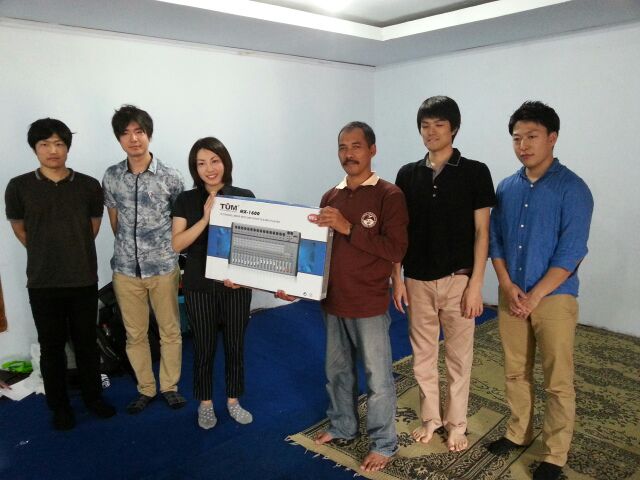Infrastructure Immersion Program is the third training program that was conducted by URDI in collaboration with AIC (Asia Infrastructure Corporation). The participants of this program came from Hitachi Group, Japan, with various education and professional background. Basically, the program aims to make Japanese companies able to serve well the infrastructure development needs in Asian countries and to improve people’s lives in the region. Regarding to the aim, URDI and AIC established the program through the building process of participant’s capability to find, formulate, finance and implement infrastructure development projects. More specifically, the capability was spread into the 3 strands.
- Understanding of current demands and opportunities for infrastructure development projects in the country
- Knowledges on framework, regulations and institutions to develop infrastructure projects
- Mindset and skills to communicate essential facts and concepts directly with national partners to make projects valuable for stakeholders
In order to achieve the aim, the program was held in several areas in Indonesia from 11th January to 5th February 2016. The program was begun by the opening and course sessions on Jakarta, then followed by field visit activities in Tasikmalaya, Merapi Mountain, Semarang and surrounding areas, and Bali.
In Jakarta, participants had discussion with several resource persons from Ministry of Energy and Mineral Resource, SMERU, UNDP, PT.SMI, PT. Energy Kinan International, PT. Navigat, and URDI. The participants also had site visit to Solid Waste Management on Bantar Gebang – Bekasi, Pluit Pond Rehabilitation Project, Tanjung Priok Port and TransJakarta Management Unit.
In Garut and Tasikmalaya, the participants visited some geothermal sites to understand the potential of renewable energy in Indonesia as one of the potential investment for Japan. Meanwhile, In Yogyakarta, the participants visited Community-based Settlement Rehabilitation and Reconstruction Project (CSRRP), Center for Vulcanology Research and Technology Development (BPPTK), and Radio Merapi. They focused on Yogyakarta City to learn about community empowerment; about disaster management with Local Disaster Management Agency (BPBD) and Fire Management Agency; and about post-disaster management in one of Merapi’s eruption area.
Then in Semarang, the participants visited disaster locations in Semarang City and conducted workshop with related stakeholder held in Diponegoro University. They focused on disaster management and community empowement on Semarang City. They learned and discussed with Public Work Agency (Dinas PU), Local Disaster Management Agency (BPBD), community and students.
After learning about disaster management, salt production, and geothermal energy in West and Central Java Province, participant then learnt about waste management, water management, solar panel energy, and coral reef restoration in Bali. On the last meeting, they are asked to create a proposal (i.e the improvement of salt production process in Demak) to be presented in front of the URDI and AIC. Based on the plan, the proposal would be processed further then be implemented.(YD, 2016)

